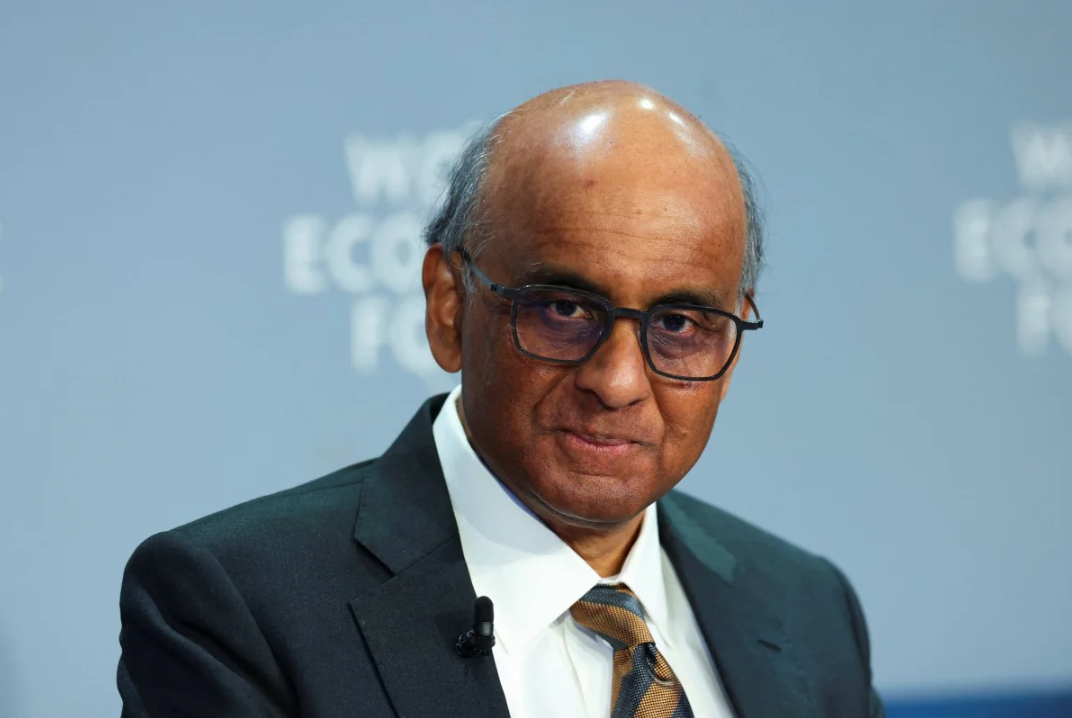
Sun Chenghao, Fellow, Center for International Security and Strategy of Tsinghua University; Munich Young Leader 2025
Bai Xuhan, An analyst at ChinAffairsplus
Feb 05, 2026
For Singapore, the China-U.S. relationship is much more than a bilateral concern. It has profound implications for the sense of security, strategic expectations and assessments of the future by all medium-size states.
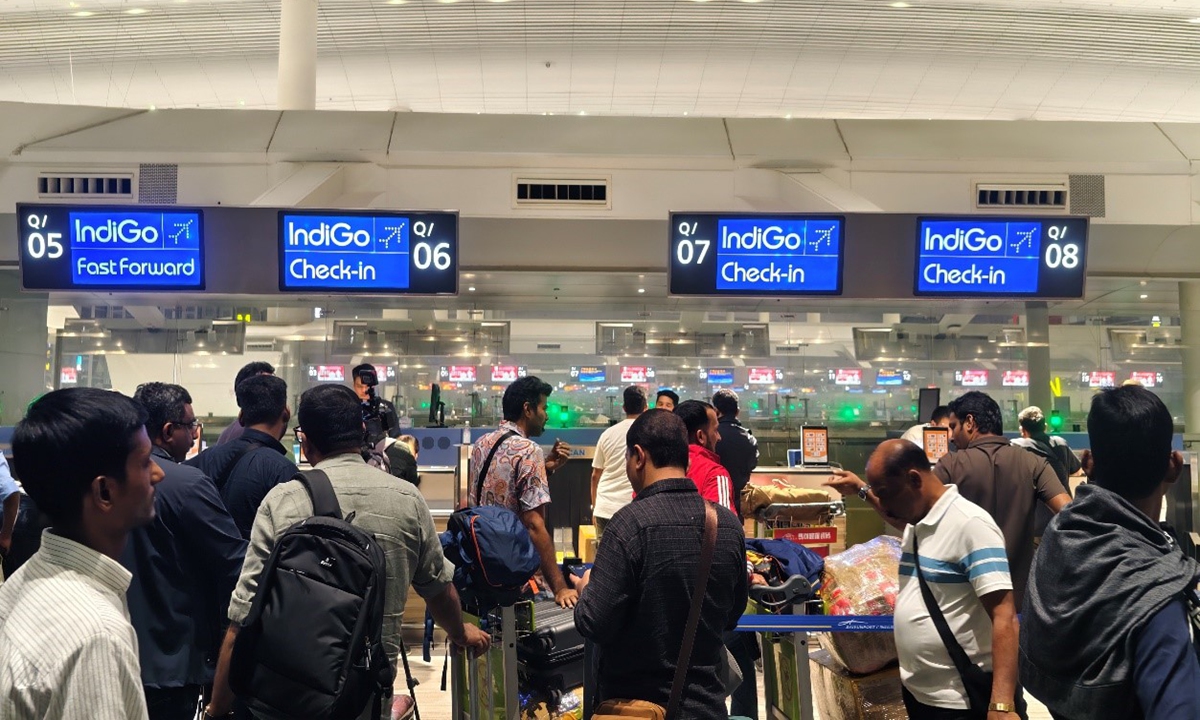
Liu Xuejun, PhD Candidate, Department of Public and International Affairs, City University of Hong Kong
Feb 05, 2026
Despite recent signs of stabilization in Sino-Indian relations at the national level, subnational cooperation between the two countries remains largely stagnant and closely constrained by broader bilateral dynamics. While local governments in both China and India have clear incentives and precedents for collaboration, political tensions, structural competition, and limited institutional follow-through continue to impede the revival and expansion of these ties.
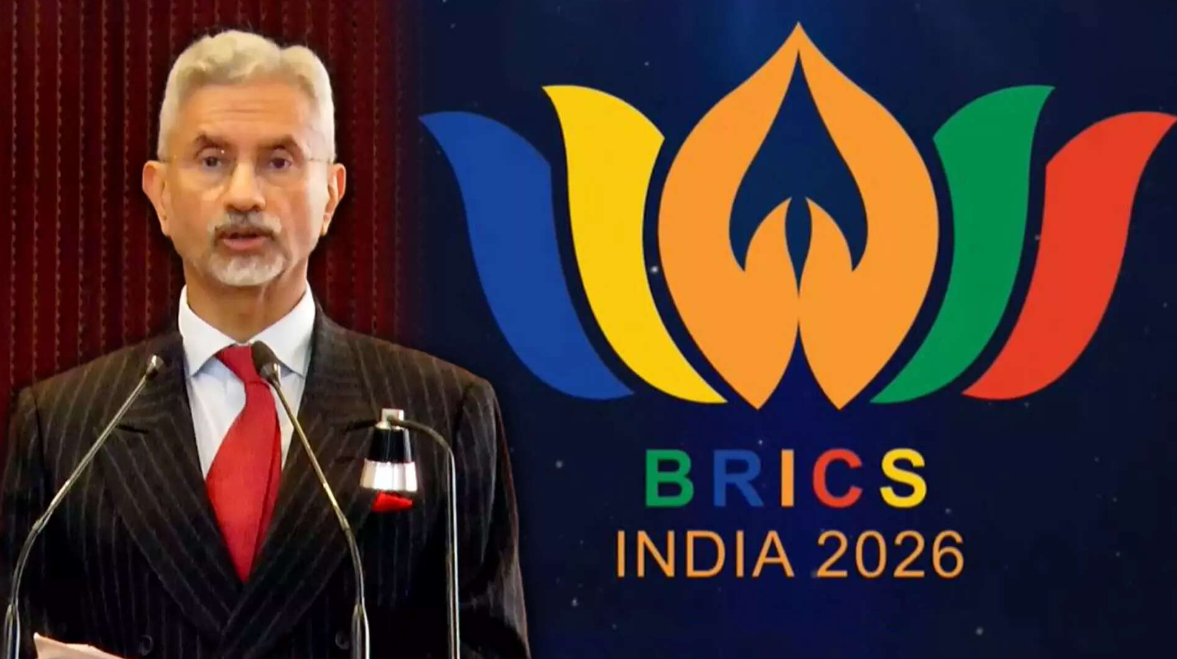
Brian Wong, Assistant Professor in Philosophy and Fellow at Centre on Contemporary China and the World, HKU and Rhodes Scholar
Feb 03, 2026
India’s 2026 BRICS chairship unfolds amid a fragile but continuing thaw in Sino-Indian relations that, despite unresolved territorial disputes, is opening space for de-politicized economic cooperation, supply chain realignment, talent and people-to-people exchanges, with Hong Kong positioned as a practical bridge for sustained engagement between the two countries.
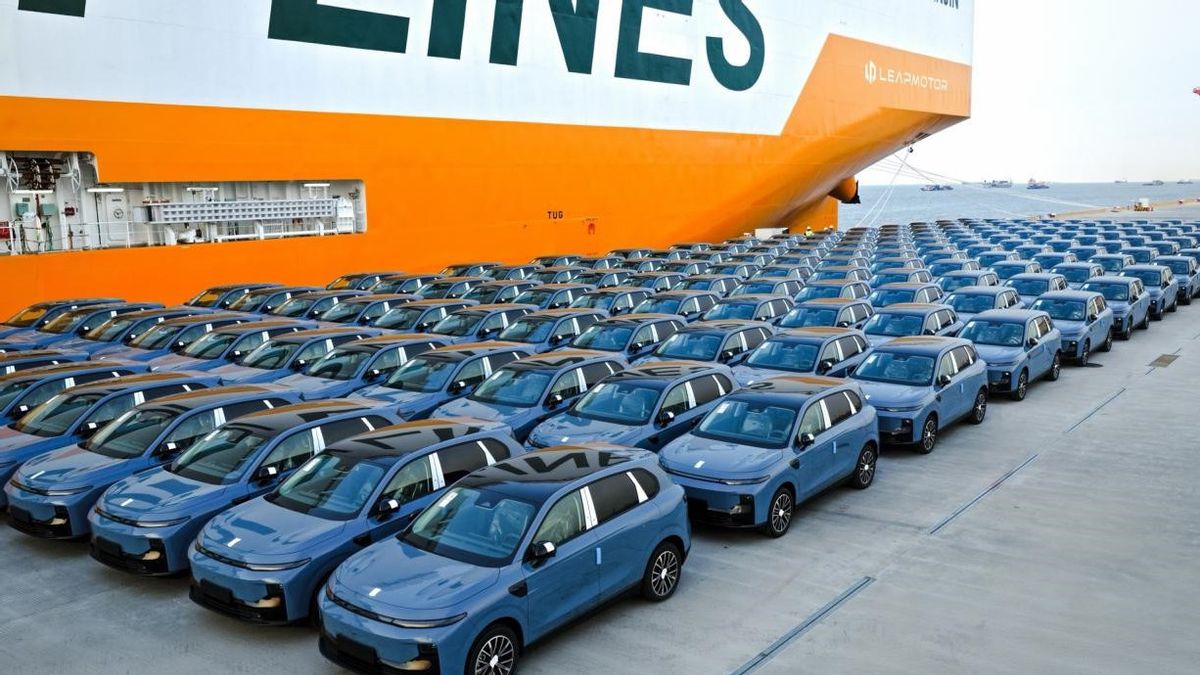
Brian Wong, Assistant Professor in Philosophy and Fellow at Centre on Contemporary China and the World, HKU and Rhodes Scholar
Jan 23, 2026
China’s deal with the EU to replace proposed electric vehicle tariffs with a price floor reflects a broader shift in Beijing’s economic and diplomatic strategy to ease trade frictions and rebuild ties with Europe and other U.S. allies amid uncertainty over U.S. leadership. The success of this outreach will depend on China’s ability to address persistent trade imbalances and geopolitical concerns, rather than assuming that tensions with Washington will automatically translate into closer alignment with Beijing.
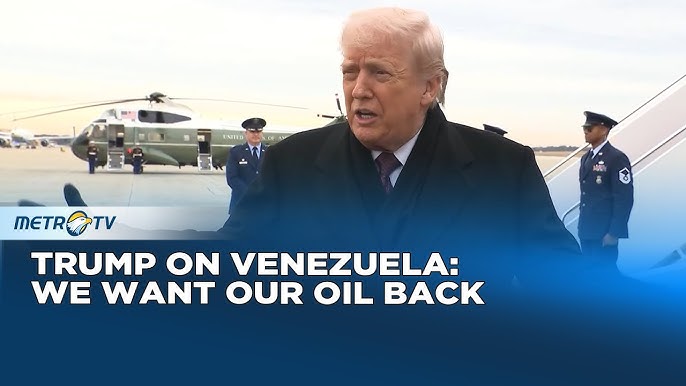
Richard Javad Heydarian, Professorial Chairholder in Geopolitics, Polytechnic University of the Philippines
Jan 16, 2026
America’s actions in Venezuela lay bare the lengths Trump’s administration will go to uphold American hegemony in the Western hemisphere. The rest of the world now must operate around the real potential of American military intervention until further notice.

Dan Steinbock, Founder, Difference Group
Nov 28, 2025
When Japan’s new prime minister Sanae Takaichi took office, she pledged to focus on economic improvement. After her Taiwan comments, new missteps could prove costly to Japan, the region, even the world.
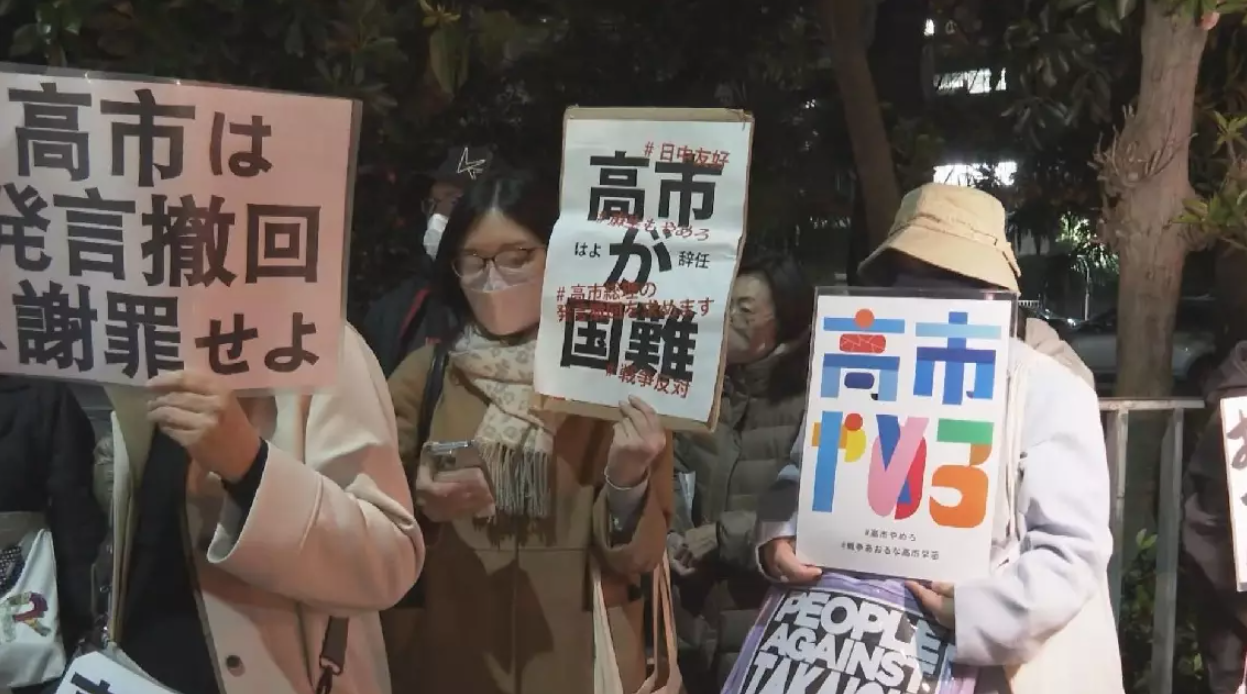
Warwick Powell, Adjunct Professor at Queensland University of Technology
Nov 26, 2025
In mid-November 2025, Japan’s new prime minister, Sanae Takaichi, in a moment of parliamentary pressure, crossed a line that Beijing had long drawn in red ink.
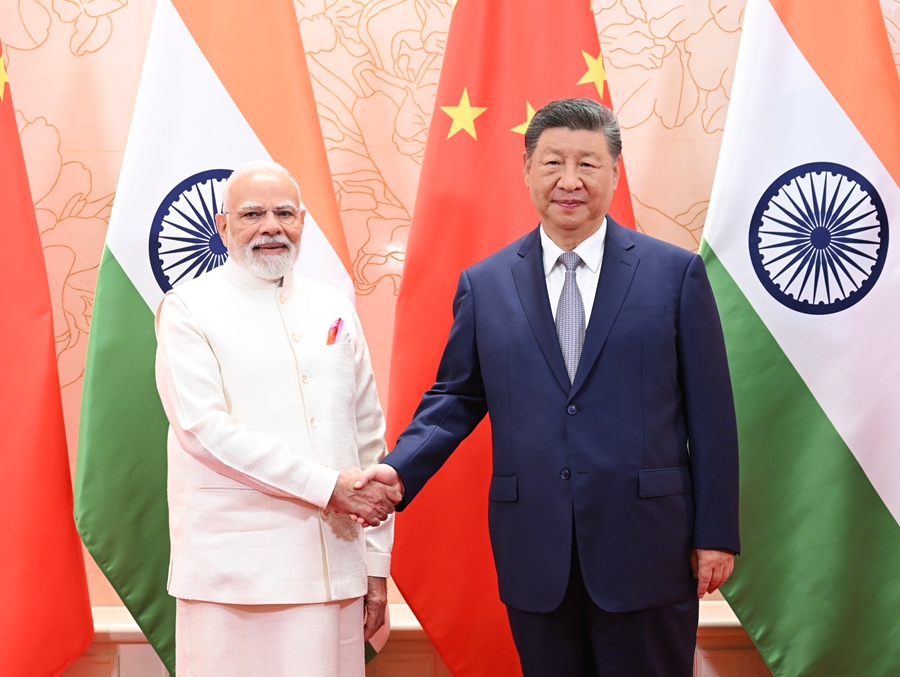
Brian Wong, Assistant Professor in Philosophy and Fellow at Centre on Contemporary China and the World, HKU and Rhodes Scholar
Oct 28, 2025
China and India’s tense relationship appears to be thawing in the face of hostile U.S. actions, but a true de-escalation is nowhere near the grasp of either side.
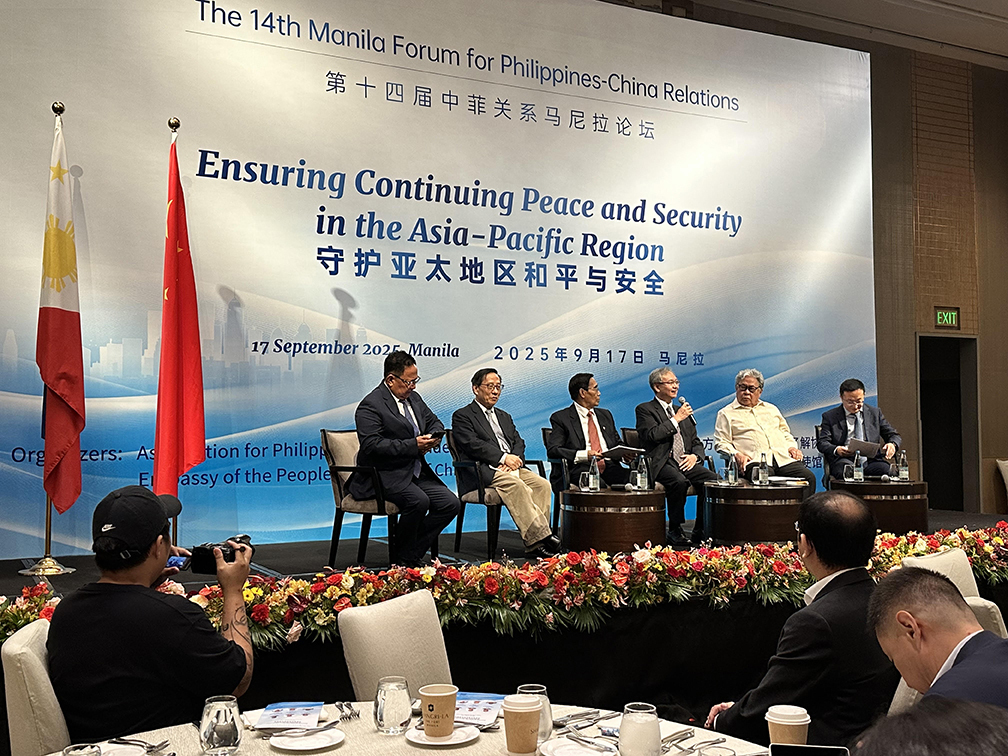
Enrico V. Gloria, Assistant Professor, University of the Philippines, Diliman
Oct 03, 2025
China’s leaders present peace as “inevitable,” yet Southeast Asia’s response is uneven, marked by cautious optimism in some quarters and deep mistrust in others. With Beijing placing neighborhood diplomacy at the heart of its foreign policy, the credibility of its peace promise is best judged through Southeast Asian perceptions and experiences.

Brian Wong, Assistant Professor in Philosophy and Fellow at Centre on Contemporary China and the World, HKU and Rhodes Scholar
Sep 30, 2025
Indonesia, born from its 1945 struggle for independence, has grown into Southeast Asia’s largest economy and a significant global player, yet remains under-discussed in high-level political discourse. Despite ongoing challenges, China and Indonesia specifically have significant potential for cooperation in trade and technology.
Back to Top

- China-US Focus builds trust and understanding between the U.S. and China through open dialogue among thought leaders.
- Our Offerings
- Topics
- Videos
- Podcasts
- Columnists
- Research Reports
- Focus Digest
- Stay Connected
-
Thanks for signing up!
- Get the latest stories from China-US Focus weekly.